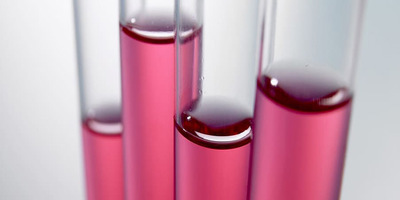Iodine deficiency is the one of the most prevalent health conditions worldwide affecting nearly 2 billion people across the globe. It is also one of the most common yet preventable causes of brain damage.
[the_ad id=”7718″]
Though rarely found in nature, iodine is essential to life and plays a crucial role in brain development in children.Our body cannot produce iodine on its own. Hence, it depends on external sources of iodine. In an entire lifetime, our body needs only one teaspoon full of iodine. However, our body does not store iodine and it is required to replenish iodine supply from time to time.
While salt is richest source of iodine for our body, studies show that most salts do not contain the required amount of iodine. This, coupled with the trend of reduced salt consumption, rates of iodine deficiency has now reached epidemic levels.
The effects of Iodine Deficiency Disorder (IDD) are most visible on the thyroid gland. Painful enlargement of the thyroid gland, swelling of the neck and larynx are common symptoms. As a result of this, the functionality of the thyroid gland is reduced. This often results in diseases like Goitre. Conditions like obesity; cognitive impairment, psychiatric disorders, fibromyalgia and a variety of cancers are also linked to iodine deficiency. During pregnancy, iodine deficiency can cause an abortion, stillbirth or mentally challenged baby. Also, many important hormones of our body cannot be produced without iodine.
The best way to prevent an iodine deficiency is to include a lot of leafy greens and seafood in your diet. Vegetables and fruits that grow under the soil also have high iodine content. Though too much salt is not good for our health, a small amount of table salt in our every day food helps maintain iodine levels in our body. Also taking iodine supplements or a multi vitamin, which has iodine in it, can prevent iodine deficiency in our body. In some countries, periodic injection of iodized oil supplements is being practiced to prevent IDD.
Though most IDDs are irreversible conditions, these are easily preventable by ensuring daily consumption of 150 mg of iodine everyday, especially in expecting mothers. Also, there is an urgent need to make people aware of the usefulness of iodine and its effects to prevent iodine deficiency taking shape of an epidemic in India.
Source:

